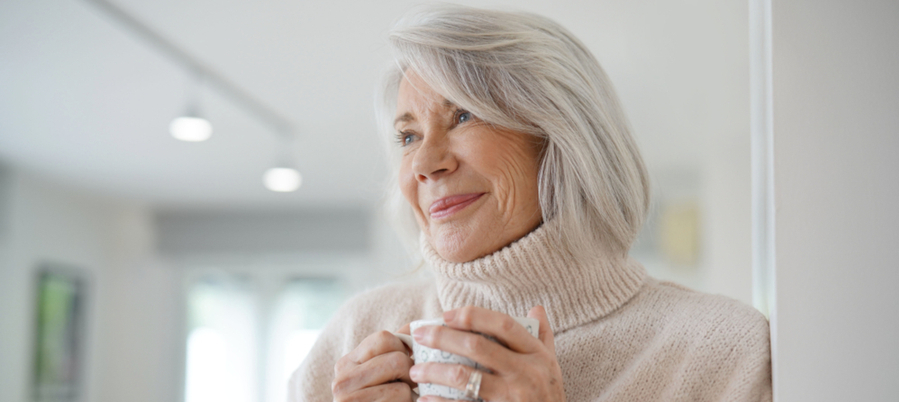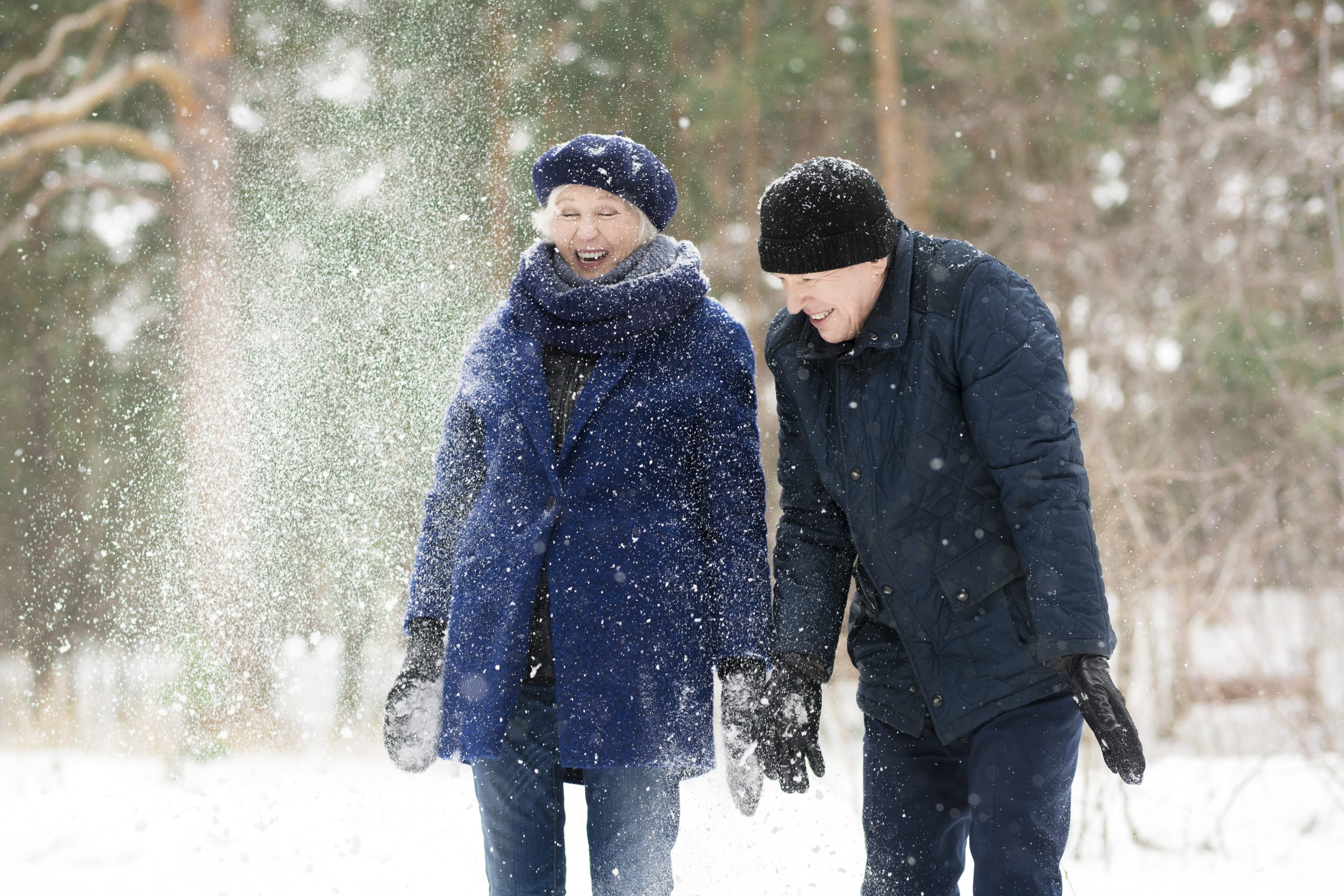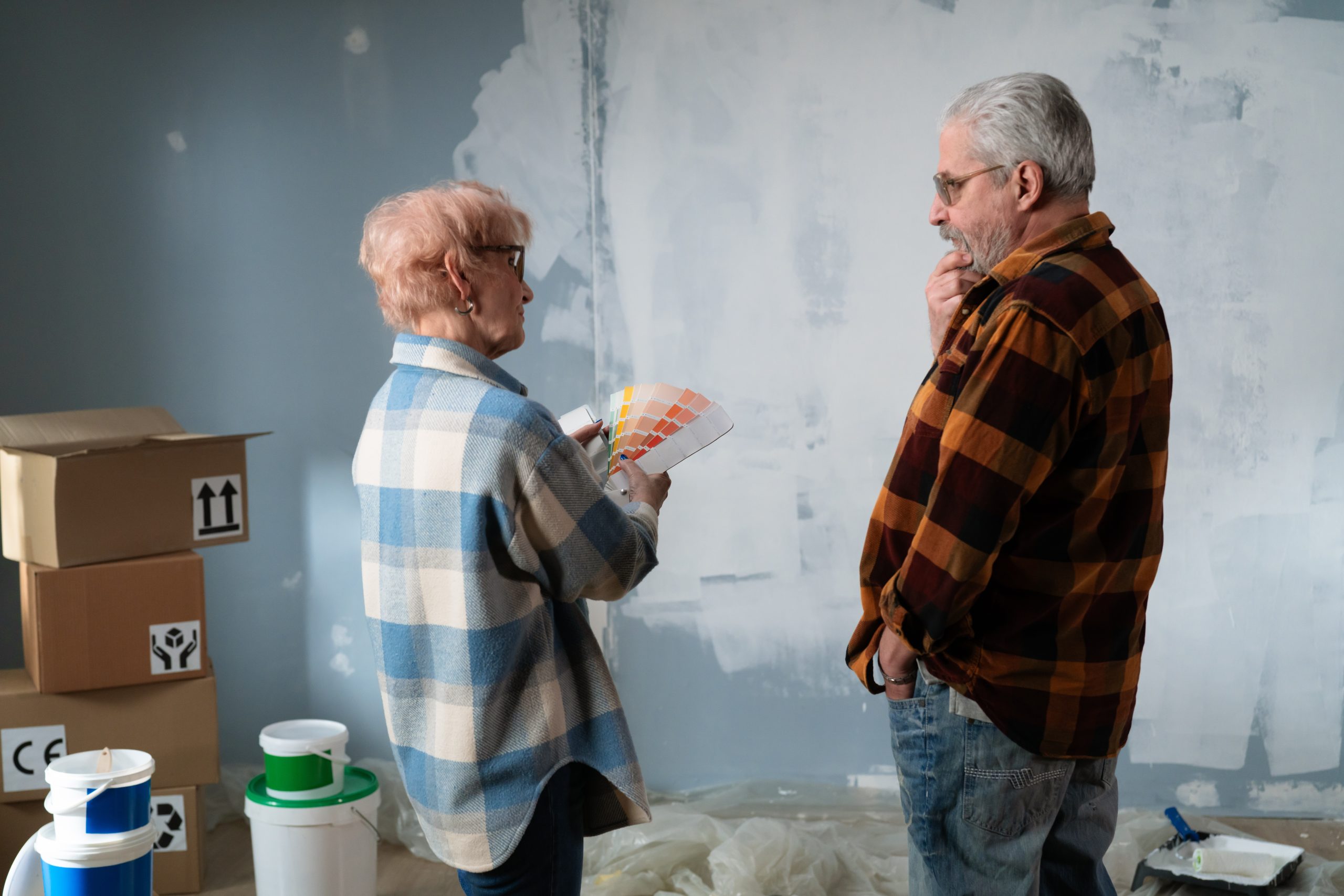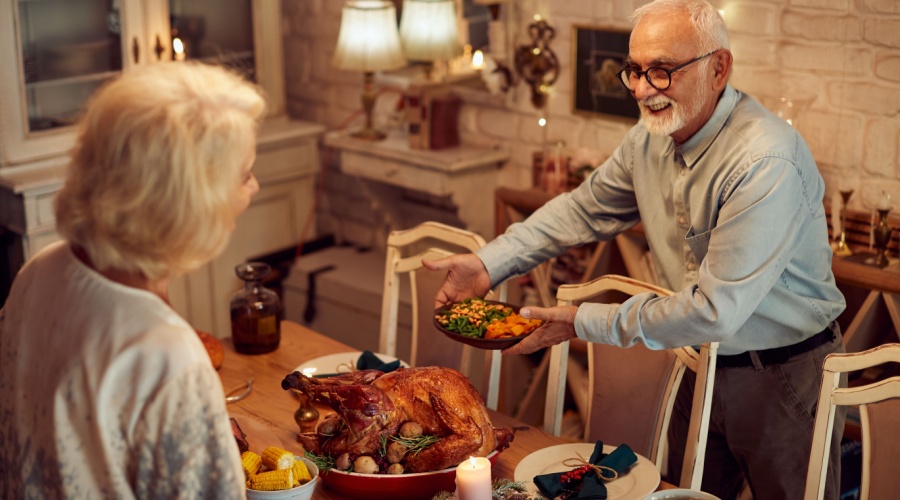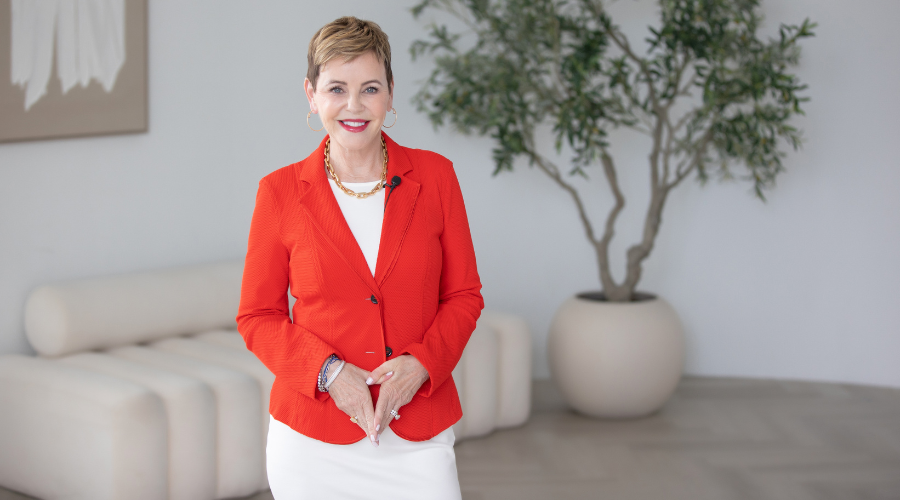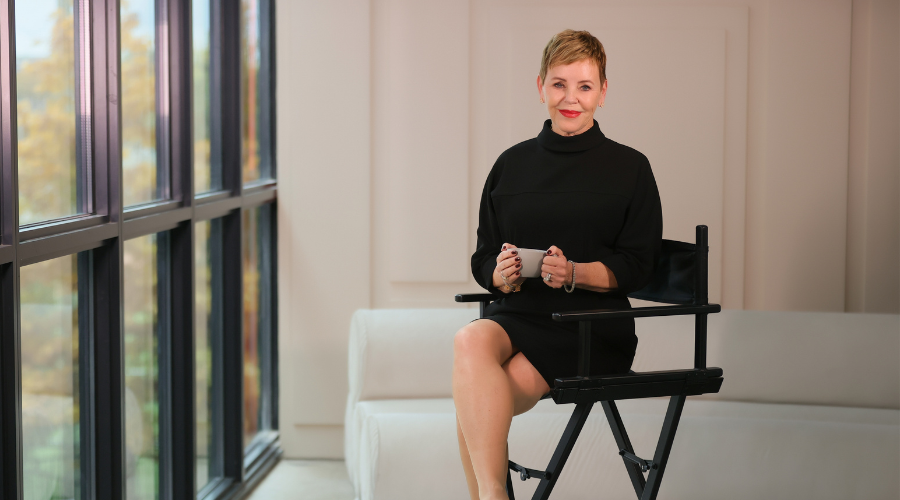For our New Year’s Eve celebration at the end of last year, my husband and I stayed in. Call it a staycation for New Year. I’d come down with a miserable cold and Sandy, my husband, always prefers to remain at home. Most weekends I manage to convince him to meet friends, go to the theatre, a concert, or see a movie. Reluctantly he agrees. Once we meet our friends or enjoy the show, he’s happy we ventured away from our home.
On the whole, Sandy prefers to stay home. (We both do, in certain respects, although I relish the company of friends and family, not being as entirely self-sufficient as Sandy). Home is our happy place, and we’ve gone to some great lengths to make it so. We live a stone’s throw from Lake Ontario. This vast inland sea mediates the temperature in summer and fall, cooler in summer and warmer in the autumn, but more than that, the lake is gorgeous, powerful and transformational.
I try to get down to the shore most days to walk our Great Pyrenees dog. Rufus is a very good boy, but he is also an extremely big boy and an extremely fury boy. Weighing in at 64 kilograms, he prefers the coldest weather. Minus ten degrees Celsius, with the ground covered by fluffy snow, is his favourite time for frolicking outdoors. On certain lazy days, I drive over to the water, sip a coffee and silently observe the water from the shelter of my car. The lake never disappoints. On hot summer days, when the water is calm, it’s possible to swim at Bronte Beach. During this time of the year, when the frigid winter waves crash along the shore, it reminds those of us who hover along the coast of the majesty of nature, “red in tooth and claw” as the great English poet Alfred Lord Tennyson described it in 1850.
These days, particularly, it’s easy to neglect our primal connection to nature, one that the nineteenth-century English poets and novelists wrote about so elegantly and so fervently. For most of us, our overriding connections are digital now. It’s a scary thought that we often spend more time in the digital world than we do in the natural world.
Logging on is the first thing I do in the morning, even before getting out of bed. I must admit to running my online trading account from my laptop perched on my knees before leaving the bedroom. Next, I check email, Facebook and Twitter until I feel all the bases are covered before my feet hit the ground. At the beginning of the century, I couldn’t imagine behaving this way. In 2000, I first opened the front door to grab the morning paper for a good long read, as I had done since my twenties. My computer was a desktop secluded in the den, and I didn’t turn on my Palm PDA until I arrived at work –or not at all.
In 2020, however, I am undeniably inter-connected to a hyper-world of information. I know from checking my phone upon waking what new tragedy has occurred overnight, who is ahead in the primary race for the Democratic contender in the 2020 U.S. presidential race, or if my Canadian equities are worth holding. Yet the question must be asked, am I actually connected in ways that matter? What if I shared a cup of morning coffee with a neighbour, walked a child to school, carpooled to work with colleagues or attended a yoga class? Wouldn’t those interactions be more meaningful and fulfilling than hitting the keys on my laptop while my eyes are still bleary with sleep?
Or, what if I sought out actual solitude, truly respected solitude and the vast array of insights and emotions that solitude can lend the human heart and mind? If I were able to ask Thomas Hardy or Lord Tennyson where their immense gifts came from, I’d wager they’d answer by affirming far from the madding crowd, among the many pleasures found in solitude.
We’re not all destined to be poets. Still, in Governor General’s award-winning author Michael Harris’ book Solitude: a Singular Life in a Crowded World, the writer describes our society as one that embraces sharing like never before. According to Harris, fuelled by our dependence on mobile devices and social media, we have created an ecosystem of obsessive connection. Many of us now live lives of strangely crowded isolation: we are always linked, but only shallowly so, he argues.
Harris wishes us to consider the wonder of being alone, saying that it’s one of life’s subtlest skills. Would William Wordsworth have written his most famous poem, “I Wandered Lonely as a Cloud,” if he didn’t cherish solitude? Authentic solitude is a powerful resource we can call upon —a crucial ingredient for a rich interior life. It inspires reflection, allows creativity to flourish, and improves our relationships with ourselves and, unexpectantly, with others.
Far from the madding crowd is a place, or a state of mind, we can always retreat to when the digital universe overwhelms us, or when we wish to have those essential interior conversations, the self-talks that give us the insight and the resilience to find meaning, and some semblance of privacy and equilibrium in contemporary life. I’m planning to spend more time there this year and less time keeping up with Twitter.
* Far from the Madding Crowd is the title of a novel by late-nineteenth-century English author Thomas Hardy, and it’s a phrase adapted from the “Elegy Written in a Country Churchyard,” by Thomas Gray. Madding means “frenzied.”

